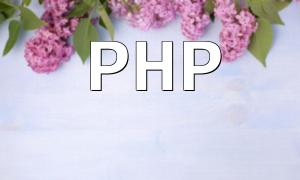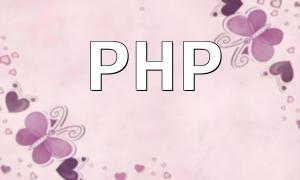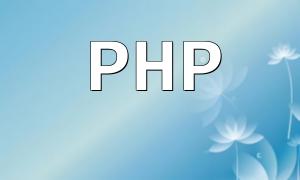Using the ProtoBuf data format in a PHP environment is a common practice. ProtoBuf (Protocol Buffers) is an efficient data serialization and communication protocol, which can be used for data exchange between different programming languages, particularly in PHP. In this article, we will guide you step-by-step on how to use ProtoBuf data format in PHP and perform the necessary configurations and operations.
First, we need to install the Protobuf extension to enable PHP to parse and generate ProtoBuf format data. You can install the extension using the following command:
After installation, you need to enable the Protobuf extension in the PHP configuration file (php.ini). Open the php.ini file and add the following line:
Once you've made the changes, restart your PHP service to apply the configuration.
Before using ProtoBuf, we need to define the message structure. ProtoBuf uses .proto files to define message formats, and PHP code is generated based on these .proto files.
Create a new file in your project, such as example.proto, and add the following content:
This example defines a Person message with fields for name, age, and hobbies. The numbers after the fields represent the field numbers, which are used to uniquely identify the fields in binary encoding. The repeated keyword indicates that the field is an array type.
Once you have defined the ProtoBuf message structure, use the protobuf compiler to generate the PHP code. Execute the following command in the terminal:
This will generate a file called example.pb.php in the current directory, containing the PHP code generated from the example.proto file.
Now that we have the generated PHP code, we can use ProtoBuf messages in PHP. First, we need to include the generated PHP file in our script. Here's how to include it:
Now, we can create a Person object and set its field values:
To serialize the Person object into ProtoBuf binary data, we can use the serializeToString method:
To parse a Person object from the ProtoBuf binary data, we can use the parseFromString method:
Finally, we can access the fields of the Person object:
Through this guide, you've learned how to use the ProtoBuf data format in PHP. We started by installing and configuring the Protobuf extension, then defined the ProtoBuf message structure and generated the corresponding PHP code. Finally, we demonstrated how to serialize and deserialize ProtoBuf messages in PHP. ProtoBuf is a highly efficient data format that allows developers to quickly and effectively exchange data between different languages.









